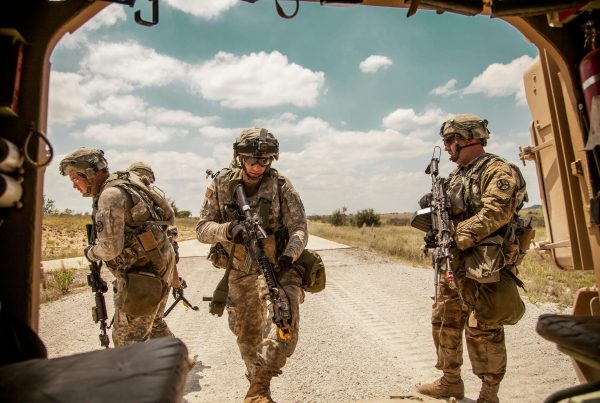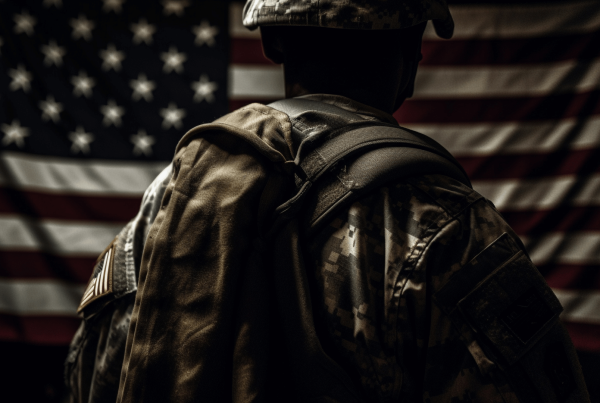For many Veterans and their families, the VA’s Burial and Memorial Benefits are one of the most important yet underutilized programs. These benefits honor a Veteran’s service while providing significant financial and logistical support to families during difficult times. In 2025, these benefits remain comprehensive and include national cemetery burials, headstones or markers, burial allowances, and survivor support, but many Veterans are unaware of the full scope of what they can access.
Burial in a VA National Cemetery is available for eligible Veterans, their spouses, and certain dependent children. This benefit typically covers the gravesite, opening and closing of the grave, perpetual care, and a government-provided headstone or marker. Burial in a national cemetery ensures that Veterans and their families have a dignified resting place, often in a serene, well-maintained environment. For Veterans who prefer cremation, the VA allows inurnment in columbariums at no cost, including the provision of a government marker.
Another important aspect is the Presidential Memorial Certificate (PMC). This certificate recognizes the Veteran’s honorable service and is provided to surviving family members at no cost. It can be requested online or through the VA, and many families include it at memorial services, placing it alongside headstones or markers.
Financial support is also available through burial allowances. These can help cover expenses for Veterans buried in private cemeteries or for costs associated with funeral services. For example, the VA provides a service-connected burial allowance and a plot allowance for non-service-connected deaths, with amounts adjusted periodically. In 2025, this can mean up to several thousand dollars in assistance, easing the financial burden on families during an emotionally difficult time.
Veterans with service-connected disabilities who pass away may also qualify for additional benefits such as transportation reimbursement for the Veteran’s remains to a VA cemetery or the cost of certain funeral goods. Many families are unaware that spouses and dependent children may also be eligible for these benefits, including grave markers and inclusion in the family plot if the Veteran is buried in a national cemetery.
To utilize these benefits, it is crucial for families to plan ahead. Pre-need applications can be submitted to reserve space in national cemeteries, and the VA provides guidance on how to ensure all necessary documents — including discharge papers (DD-214) and medical documentation — are in order. Proper planning ensures a smooth process and guarantees that Veterans and their families receive the honors they deserve.
Additionally, some states supplement federal benefits with state-specific burial perks, such as tax exemptions, veterans’ plots in local cemeteries, or additional headstone funding. Researching local programs can maximize support and reduce out-of-pocket costs for families.
In 2025, awareness of these programs remains critical. Many Veterans and their families are unaware of what is available until after a death occurs, which can limit the benefits they receive. Working with Veterans Service Organizations (VSOs) or accredited representatives can help families navigate eligibility, paperwork, and timing to ensure all VA burial and memorial benefits are fully utilized.
In conclusion, VA Burial and Memorial Benefits provide dignity, recognition, and financial support for Veterans and their families. From gravesite maintenance and government-provided markers to burial allowances and Presidential Memorial Certificates, these benefits honor the sacrifice of service while easing the burden on loved ones. Planning ahead and understanding eligibility ensures that Veterans and their families receive the full benefits available in 2025.



